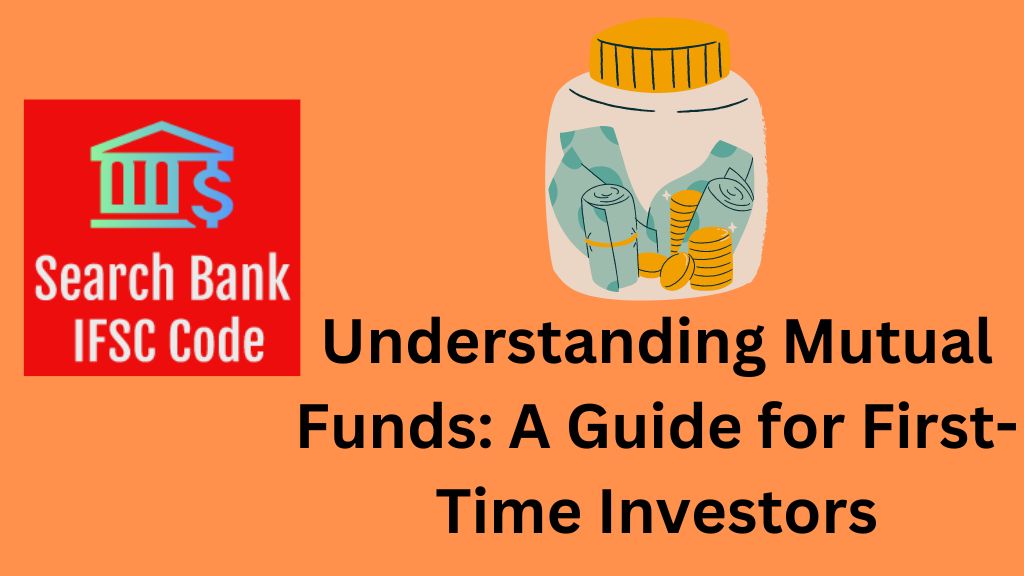Your Guide to Mortgage Loans: How to Apply and Get the Best Interest Rates
Created at: 2023-05-24
A mortgage loan is a type of secured loan where a borrower uses their property as collateral to borrow money from a lender. It is one of the most popular types of loans in India and is used to purchase a home or property. In this article, we will discuss everything you need to know about mortgage loans, including how to apply, interest rates, and more.

Types of Mortgage Loans
Before we discuss how to apply for a mortgage loan, let's first look at the different types of mortgage loans available in India:
- Fixed-Rate Mortgage: In a fixed-rate mortgage, the interest rate remains the same throughout the loan term. This means that your monthly payments will also remain the same, making it easier to budget your finances.
- Adjustable-Rate Mortgage: In an adjustable-rate mortgage, the interest rate changes periodically based on market conditions. This means that your monthly payments can fluctuate, making it harder to budget your finances.
- Government-Backed Mortgage: These are mortgage loans that are backed by the government, such as the Pradhan Mantri Awas Yojana (PMAY) scheme. These loans are typically easier to qualify for and have lower interest rates.
- Balloon Mortgage: A balloon mortgage is a type of mortgage loan where you make smaller monthly payments for a few years and then make a larger payment at the end of the loan term.
How to Apply for a Mortgage Loan
Now that you know about the different types of mortgage loans available, let's discuss how to apply for a mortgage loan:
- Determine How Much You Can Borrow: Before you start applying for a mortgage loan, it's important to determine how much you can afford to borrow. This will depend on your income, credit score, and other factors.
- Choose the Right Lender: Once you know how much you can borrow, you can start looking for a lender that offers the best interest rates and terms. You can compare different lenders online or visit their branches in person.
- Get Pre-Approved: Getting pre-approved for a mortgage loan can help you understand how much you can borrow and what your monthly payments will be. This can also help you negotiate with the seller when buying a property.
- Complete the Application: Once you have chosen a lender, you can start the application process. You will need to provide personal and financial information, such as your income, credit score, and employment history.
- Submit Supporting Documents: You will also need to submit supporting documents, such as your income tax returns, bank statements, and property documents.
- Wait for Approval: After you have submitted your application and supporting documents, you will need to wait for the lender to approve your loan. This can take a few days to a few weeks depending on the lender.
- Sign the Agreement: Once your loan is approved, you will need to sign an agreement with the lender. This agreement will outline the terms and conditions of the loan, including the interest rate, monthly payments, and loan terms.
Interest Rates for Mortgage Loans
The interest rate for a mortgage loan will depend on several factors, including:
- Loan Amount: The larger the loan amount, the higher the interest rate.
- Loan Term: The longer the loan term, the higher the interest rate.
- Credit Score: A higher credit score can help you qualify for a lower interest rate.
- Property Type: The interest rate may vary depending on the type of property you are purchasing, such as a residential property or a commercial property.
- Location: The interest rate may also vary depending on the location of the property. For example, properties in urban areas may have higher interest rates compared to properties in rural areas.
- Lender: Different lenders may offer different interest rates based on their policies and market conditions.
It's important to shop around and compare different lenders to find the best interest rate for your mortgage loan. Even a small difference in interest rates can have a significant impact on your monthly payments and the overall cost of the loan.
Other Factors to Consider
In addition to the interest rate, there are other factors to consider when applying for a mortgage loan:
- Down Payment: You will need to make a down payment on the property when you take out a mortgage loan. The amount of down payment required may vary depending on the lender and the type of property.
- Processing Fees: Most lenders charge a processing fee for mortgage loans. This fee may vary depending on the lender and the loan amount.
- Prepayment Charges: Some lenders may charge a prepayment penalty if you pay off your loan before the end of the loan term. It's important to check the prepayment charges before taking out a mortgage loan.
- Foreclosure Charges: If you are unable to repay the loan, the lender may foreclose on the property. Foreclosure charges may apply, and it's important to understand these charges before taking out a mortgage loan.
Conclusion
A mortgage loan can help you purchase your dream home or property, but it's important to understand how to apply for a mortgage loan and the factors that affect the interest rate. By shopping around and comparing different lenders, you can find the best interest rate and terms for your mortgage loan. Don't forget to consider other factors, such as down payment, processing fees, prepayment charges, and foreclosure charges, before taking out a mortgage loan. With careful planning and research, you can make the right decision for your financial future.




